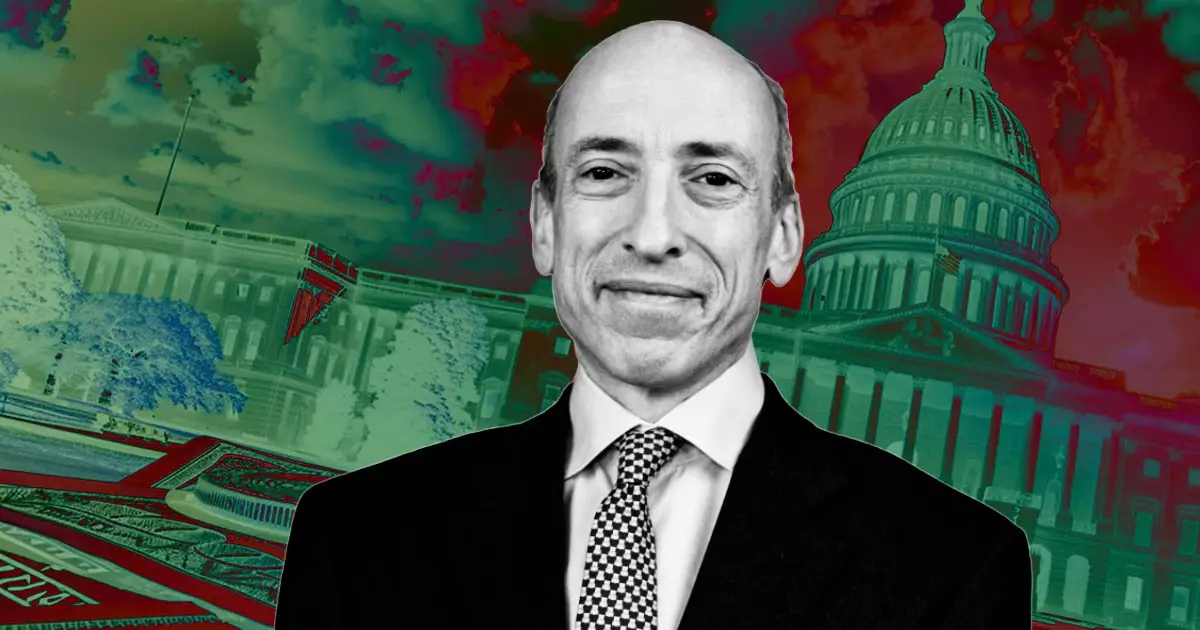Gary Gensler, the Chairman of the US Securities and Exchange Commission (SEC), has recently expressed his strong opposition to the Financial Innovation and Technology for the 21st Century (FIT21) Act. Despite the widespread celebration of this bill within the crypto industry for providing regulatory clarity, Gensler has raised concerns regarding its potential negative impact on current consumer protections in the crypto market. He argues that the passage of the FIT21 Act would create significant regulatory gaps, ultimately putting investors and capital markets at substantial risk.
One of the main criticisms that Gensler has highlighted is the potential for the bill to weaken current regulatory frameworks, particularly in overseeing investment contracts. He warns that the proposed legislation would allow blockchain-based investment contracts to escape SEC oversight by self-certifying as decentralized. This move could lead to the exclusion of many core investor protections, posing a threat to the integrity of the American capital market. Furthermore, the bill’s abandonment of the Howey Test, a crucial method for determining if an investment qualifies as a security, raises further concerns about reduced protections for investors in the crypto industry.
Crypto Community’s Support vs. Regulatory Concerns
Despite Gensler’s strong opposition to the FIT21 Act, the proposed legislation has garnered significant support from the US Congress and the crypto community. Congressman French Hill, the Chairman of the Subcommittee on Digital Assets, Financial Technology, and Inclusion, has emphasized the importance of the bill in giving the SEC authority over digital assets that are not certified under the legislation. Several prominent crypto companies and advocacy groups have also come out in support of the bill, citing the need for regulatory clarity and consumer protection in the industry.
As the FIT21 Act awaits a crucial vote in the US House of Representatives, the crypto industry is at a crossroads. The outcome of this vote will have far-reaching implications for the future regulation of digital assets and investment contracts. While the bill promises to introduce new compliance challenges for crypto companies, its supporters argue that regulatory clarity is essential for the industry’s long-term growth and sustainability. The White House’s stance on not vetoing the bill, despite its opposition, underscores the significance of the upcoming vote as one of the most crucial pieces of crypto legislation to be considered by Congress.
The debate surrounding the FIT21 Act highlights the complex interplay between regulatory clarity, consumer protection, and innovation in the crypto industry. While the bill has generated support from key stakeholders, including the US Congress and prominent crypto companies, Gensler’s concerns about weakened investor protections and regulatory gaps cannot be overlooked. As the industry awaits the outcome of today’s vote, it is clear that striking a balance between fostering innovation and upholding investor safeguards remains a pressing challenge for policymakers and regulators in the digital asset space.


Leave a Reply